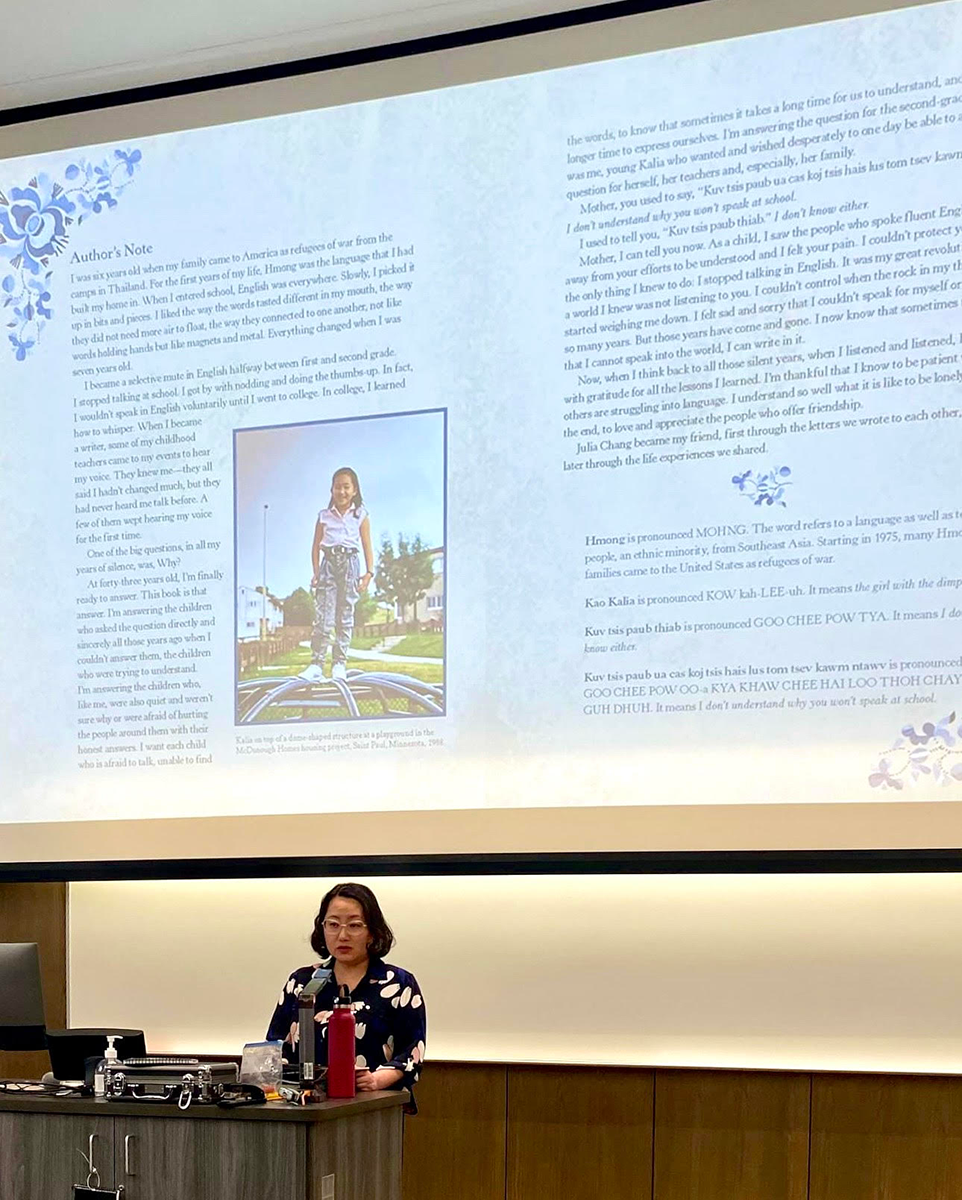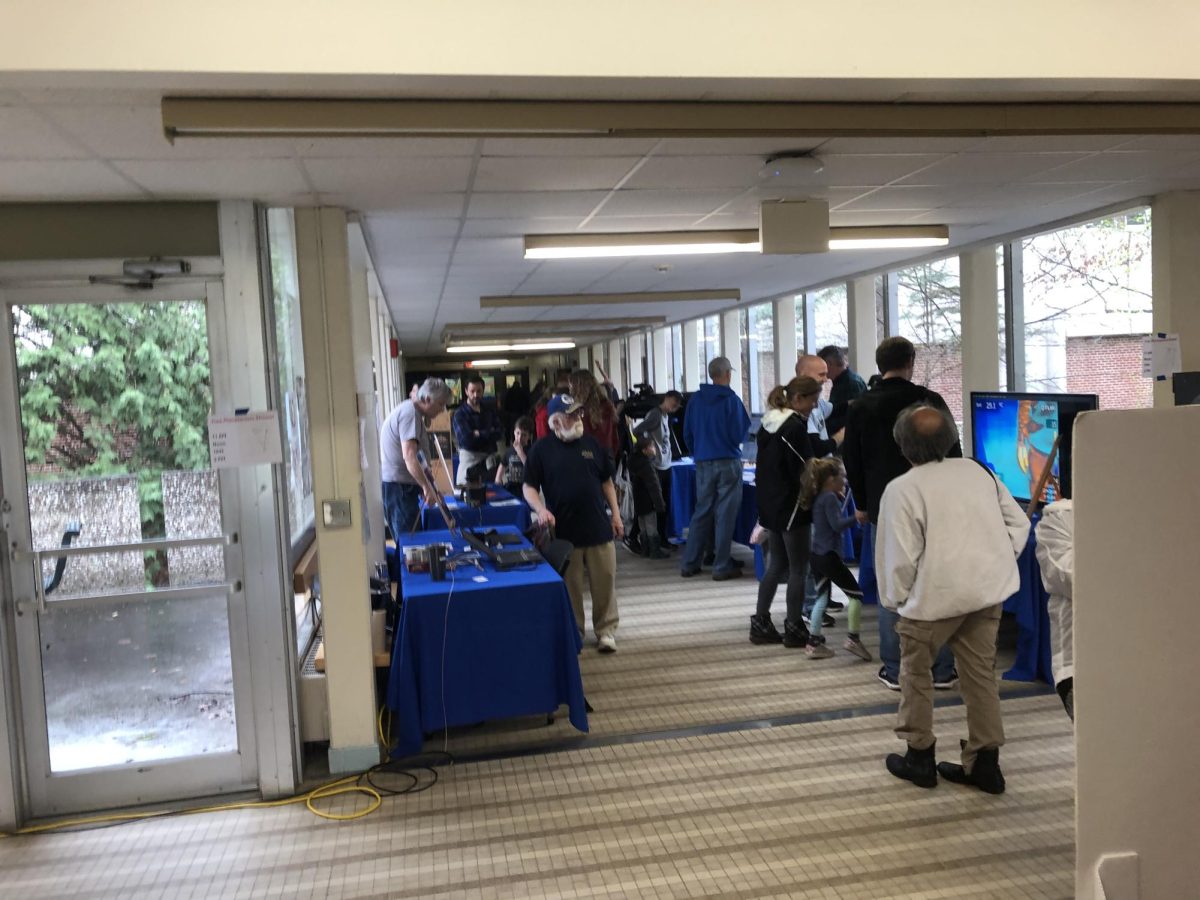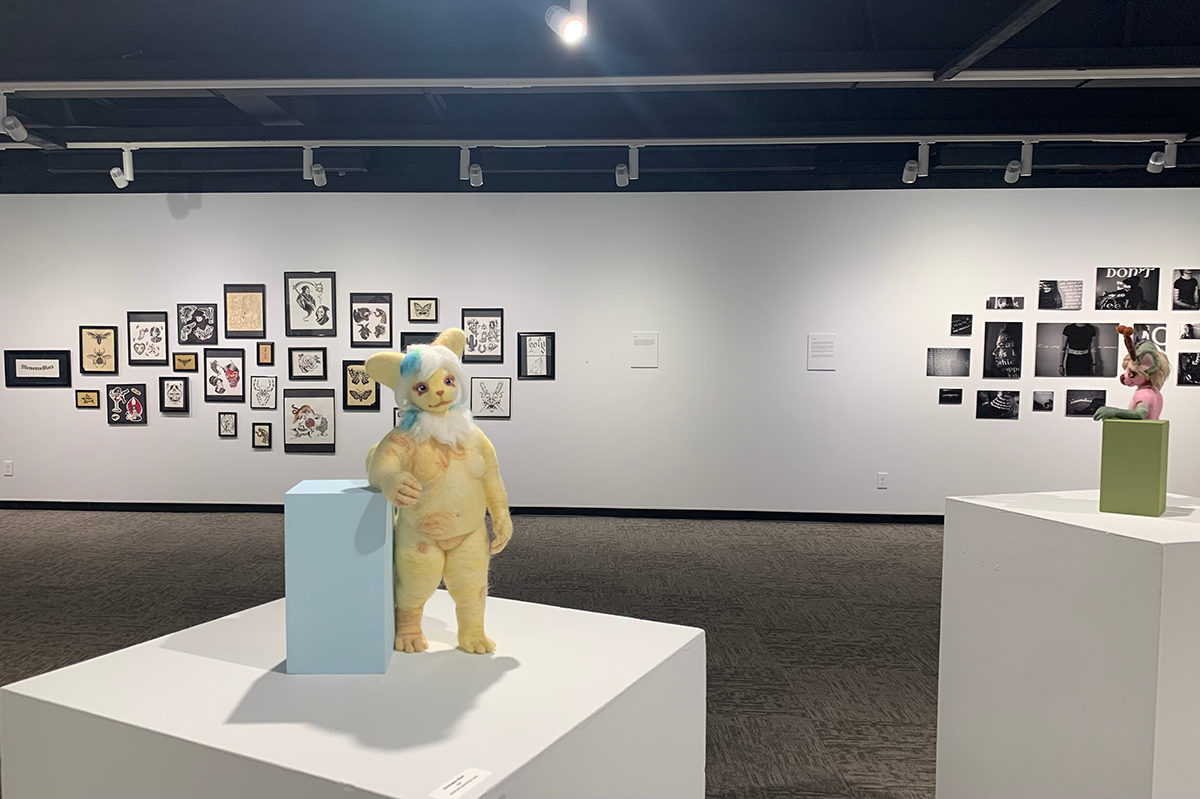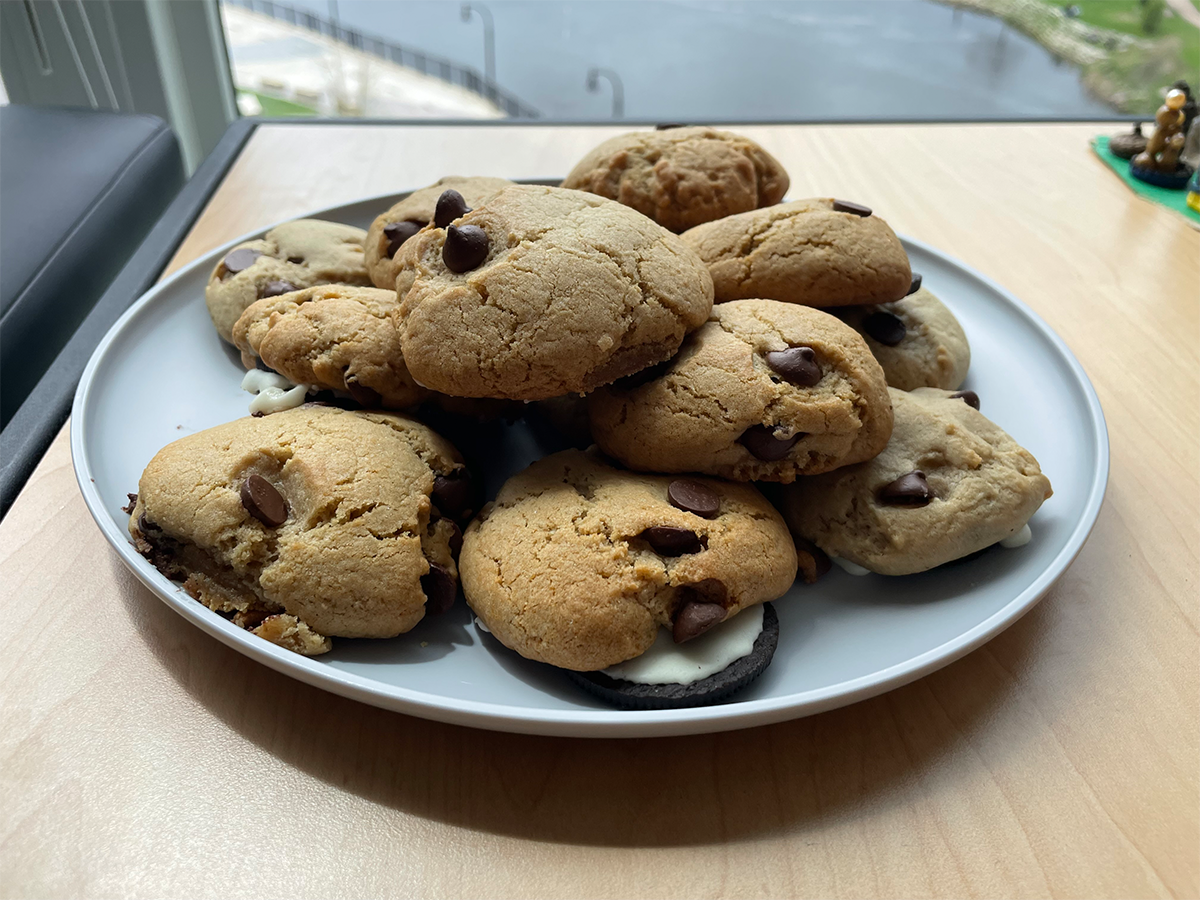Renowned Hmong author, speaker and former UW-Eau Claire Professor Kao Kalia Yang returned to campus to read from her newly released books and discuss her writing process. Yang’s first book “The Latehomecomer: A Hmong Family Memoir” is about the journey from Ban Vinai Refugee camp to St. Paul, Minnesota.
“When you talk to minority populations in America, you know that all so often we are judged for the things we are not,” Yang said. “Why not let the world judge me for what I am?”
According to UW-Eau Claire English professor David Shih, the book has been taught in classrooms on campus and around the country. A year after the release of her first book, Yang began teaching at UW-Eau Claire in fall 2009.
“All of it is unscripted,” Shih said. “Each of her classes was based on the curiosity and questions of the students. She tries to draw out that learning from the students and then extemporaneously contributes her own philosophy and experiences to that narrative.”
According to Yang, she greatly values her time spent in Eau Claire because it was the first place she was given a stage to tell the stories of her family and her people. She returned to campus on Monday “with no prepared answers, just an open heart.”
“It was such a privilege and an honor for me to stand in your classrooms,” Yang said. “It was a privilege to teach my students that we ask questions not because we have answers. We ask questions as invitations to think about things that matter to each other.”
In 2016, Yang put out her second book “The Song Poet: A Memoir of My Father” which earned her national recognition and was later turned into an opera by the Minnesota Orchestra.
This story is described as “a love story — of a daughter for her father, a father for his children, a people for their land, their traditions, and all that they have lost,” according to Yang’s website.
“Yang has become one of the most respected and beloved Asian American writers in the country, with each book successively more powerful,” Shih said. “Her range has diversified to include collaborations in her essay collection and her beautiful children’s books.”
Yang’s autobiographical children’s book “A Rock in My Throat” and third family memoir “Where Rivers Part: A Story of My Mother’s Life” were both published in March 2024.
Since “Where Rivers Part” is the first book Yang has written from beginning to end in the first person, she said she was challenged by the sustained emotionality she had to achieve in her writing.
“I tried to avoid writing in the first person because it is a daunting task,” Yang said. “But nothing was as true. So in the end, so you can know exactly who this woman is in the world, I employ the first person.”
According to Yang, she felt great uncertainty while writing her mother’s memoir because she didn’t know whether or not she was doing her story justice. She had to come to terms with the dissatisfaction of picking and choosing between her mother’s stories.
“I had to grapple with one of the big truths of life,” Yang said. “Nobody finishes a journey because they are finally happy. Our journeys end when they do, they end where they do and somehow we make peace and go forward.”
“Where Rivers Part” is the final and most intimate piece of Yang’s trilogy of Hmong family memoirs.
“I think all of her books are intimate and that’s part of the strength of those books and part of the reason I look forward to teaching them,” Shih said. “I think books of that type should be intimate, as it reflects a respect for the reader from the writer, that nothing will be withheld.”
To purchase any of Kao Kalia Yang’s books, visit kaokaliayang.com.
“I write these books in hopes that the world will remember that in a world full of people, there are many who are born without luck on their side, and yet they have persisted,” Yang said. “And yet they have spoken and they have been heard.”
Allessi can be reached at [email protected].








